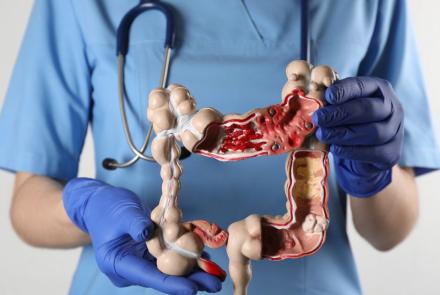New York Surgeon Aleksandr Rakhlin, MD, FACS, of Highland Surgical Associates in West Nyack, informs about surgical complications related to obesity.
Anyone undergoing surgery should be aware of potential risks, but obese patients face special challenges. Many patients who require surgery also battle obesity. Both physicians and patients need to know about potential problems faced both during and after surgery so that the surgical team and the patient can prepare adequately and get the best results.
Over the past 20 years, there has been a sharp rise in obesity in the United States. An estimated 35.7 percent of adults and about 17 percent of children and teens are obese, according to the Centers for Disease Control and Prevention.
Obesity can lead to obstruction of the airways, which can increase risks from anesthesia. Some patients will need to see an anesthesiologist prior to surgery to develop an optimal anesthetic plan. High blood pressure and high cholesterol, often seen in obese patients, also increase anesthesia risks.
Performing abdominal surgery on an obese patient is more difficult than on a normal-weight patient, because the extra tissue tends to pull the wound apart, increasing the chance of a hernia formation. Obese patients who undergo surgery are at greater risk for surgical site infection and slower healing because of reduced blood flow in fat tissue. In addition, many obese patients have diabetes, which also increases the risk of post-surgical infections.
After surgery, obese patients are at greater risk of blood clots for several reasons. Obesity increases the amount of the hormone estrogen in the body, which raises the risk of clots. In addition, it is more difficult for obese patients to get out of bed and move around soon after surgery, which also increases blood clot risk. Working together, the patient/surgeon team can overcome many of these barriers.
Obese patients who smoke are at an especially high risk of wound infections, since smoking reduces oxygen in the tissue, which impairs wound healing and reduces the immune system’s defense against bacteria.
These problems need to be discussed when the patient first meets the surgeon, so they can be addressed and the risk factors can be minimized through a well-developed pre-operative plan. For example, patients can develop a quit-smoking plan, especially once the patient understands how smoking causes extra surgical risks. Diabetes can be brought under tighter control through diet, medications, or both. An intensive medical weight-loss program may be covered by insurance. Any weight-loss program should include increased activity coupled with reduced calories. In some cases in which the patient is morbidly obese, weight-loss surgery may be recommended before undergoing an elective procedure.






